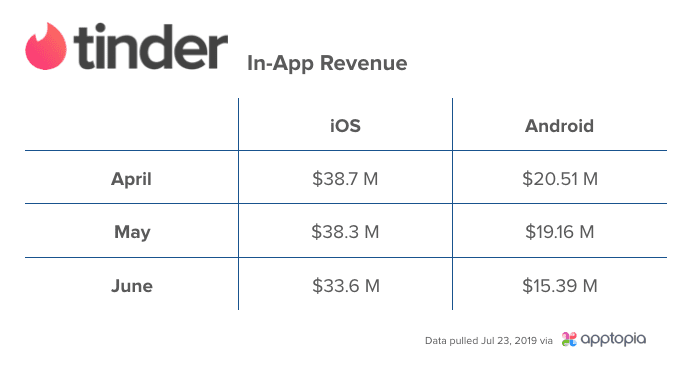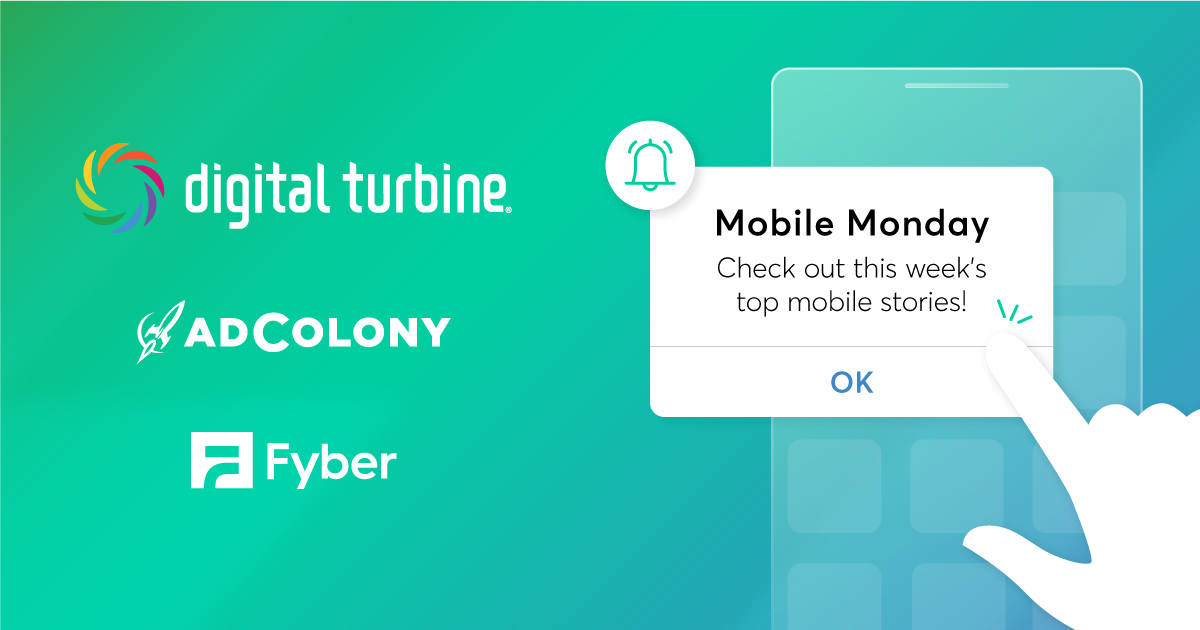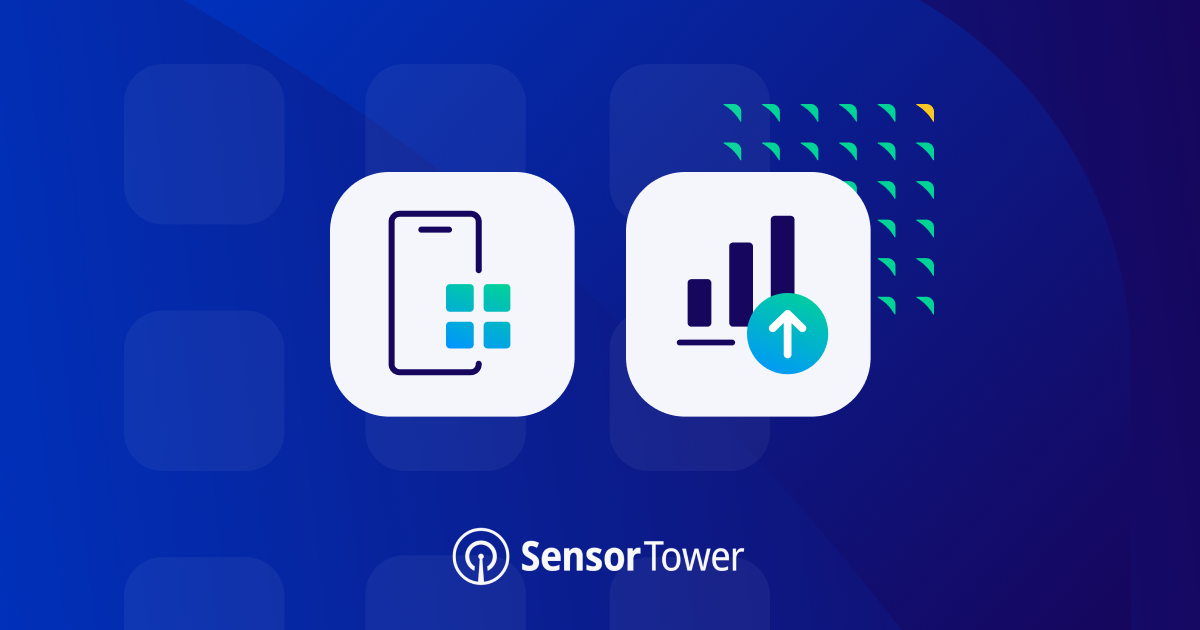Google and Apple are currently taking 15%-30% of non-ad revenue from developers. While Android has always been seen as a more open ecosystem than iOS, Google’s own “walled garden” has become too constricting for some big developers. Since Android doesn’t require apps to be installed through the Play Store to run, these companies are trying something very different to avoid paying their cut to Google. What does this mean?
High-profile Apps Sidestep Google Play’s Fees
According to Bloomberg, Match Company, the parent company of the widely known dating app Tinder, has changed their payment process to require users to enter credit card information directly into the app. This will bypass the fees normally taken from Android transactions through the Play Store. As Match Group’s most profitable title, Tinder’s move could mean a huge loss for Google, and Match has a host of other apps it could follow suit with.
Tinder is not the first major app to sidestep Google’s fees. Epic Games released the Android version of its hit game Fortnite on its own platform, completely outside of the Play store. While the launch was initially met with security issues, Epic Games was able to claim its entire in-app earning potential that would have gone in part to Google.
Are Developers Ready to Skirt Apple and Google?
While Epic Games and Match Group were willing to take the risk of forgoing Google Play, most developers treat the 30% fee as the required cost of doing business with powerful and reliable brands. The App Store provides Apple’s quality control and expansive ecosystem ensuring brand safety and access to valuable users. While Epic Games circumvented the Google Play store, it still released Fortnite on iOS on the App Store and took the hit.
iOS, being more “locked down,” doesn’t really offer the option to install apps that don’t originate in the App Store, aside from corporate apps and QA instances through services like TestFlight. Apple keeps a close eye on these sorts of apps though, so someone like Epic going that route would get shut down pretty quickly.
Major companies can’t afford to ignore iOS users, who tend to spend more than their more numerous Android counterparts. For example, according to Apptopia, Tinder’s iOS revenue almost doubled that of its Android app for all of Q2.

Perhaps that’s the rub for these companies with Google, and paying 30% shares for a smaller portion of revenue is cutting into their bottom line more than the increased revenue from iOS users.
What Apps Can Gain and What Stores Could Lose
Most app publishers have accepted having to pay these store “taxes” but with two high-profile apps avoiding them, more titles could follow suit. Games currently have the highest consumer spend in app stores, so both companies could lose a significant source of revenue if game developers follow the lead of Fortnite and Tinder to avoid app store fees. It should be noted that the App Store and Google Play Store only take a cut from in-app purchases and not ad revenue. Losing earnings from in-app purchases could mean broader losses for both companies and major gains for app developers. It might be a while until we see the full impact of these moves but developers are surely contemplating the lucrative possibilities of bypassing app stores.
Join the Conversation
Will more apps bypass Google and Apple app stores? Tweet us your thoughts to @AdColony. For the latest AdColony mobile news and updates, follow @AdColony on Twitter, like us on Facebook, orconnect on Linkedin.



